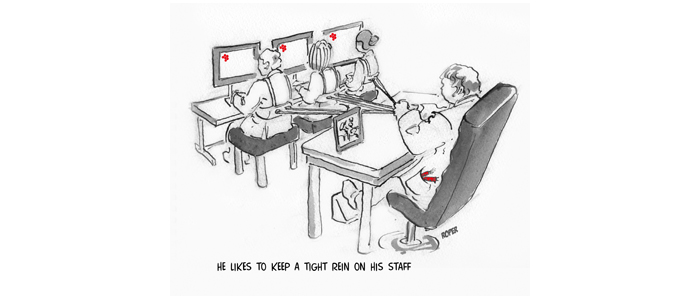What do you do when one of your best fee earners walks into your office, hands you his resignation and tells you he has accepted a job with your competitor?
This happened to a client of ours recently and during the course of their subsequent conversation he offered to increase this person’s salary by 40% if he changed his mind and stayed.
The salesman said he would consider the offer. The following morning he walked back into his manager’s office and said he had definitely made up his mind to leave (in spite of the significant money he had been offered as an incentive to stay).
It’s easy to panic when you lose good people but throwing money at them isn’t the answer. The days of ‘golden handcuffs’ are long gone. Even if you persuade someone to stay for a substantial financial reward, you’re running a risk that they are staying in your organisation for all the wrong reasons.
We know from the extensive research that’s been carried out that money is not, in itself, the reason why your employees stay, and the reason they are engaged.
It seems that most of us thrive by making constant progress and feeling a sense of purpose.
So what action can you take as a leader in your organisation to develop a culture where people want to work?
- You will not keep them and motivate them just by offering a spectacular financial package. However, people have families to support and mortgages to pay so you do need to offer them slightly above the going rate.
- You need to set up a system of regular (short) one to one meetings with your direct reports. This is not a meeting about work in progress; it is a meeting about them and their progress. This is when you talk about how they’ve been getting on, you help them set goals and where you give well-thought out feedback. This provides a regular opportunity for you to talk to them privately about any challenges they may have. It is, in effect, an early warning system where you pick up on any issues or unhappiness in your best employees before they become a major issue.
- We know that positive reinforcement about our abilities helps increase performance and employee engagement. So praise people when they’ve done a good job and encourage them to do the same with their direct reports.
- Constantly communicate your vision for the organisation and make them see how they are a part of it. There is the story of the man sweeping the floor at the NASA space station. When asked what he was doing he replied “I’m helping to put a man on the moon”.
We all want financial security, and people are also aspirational, but money is not the simple answer to how you keep your best employees. They want to work in an organisation that they can be proud of, where they have a chance to learn and share the vision, and where they are challenged and valued.
